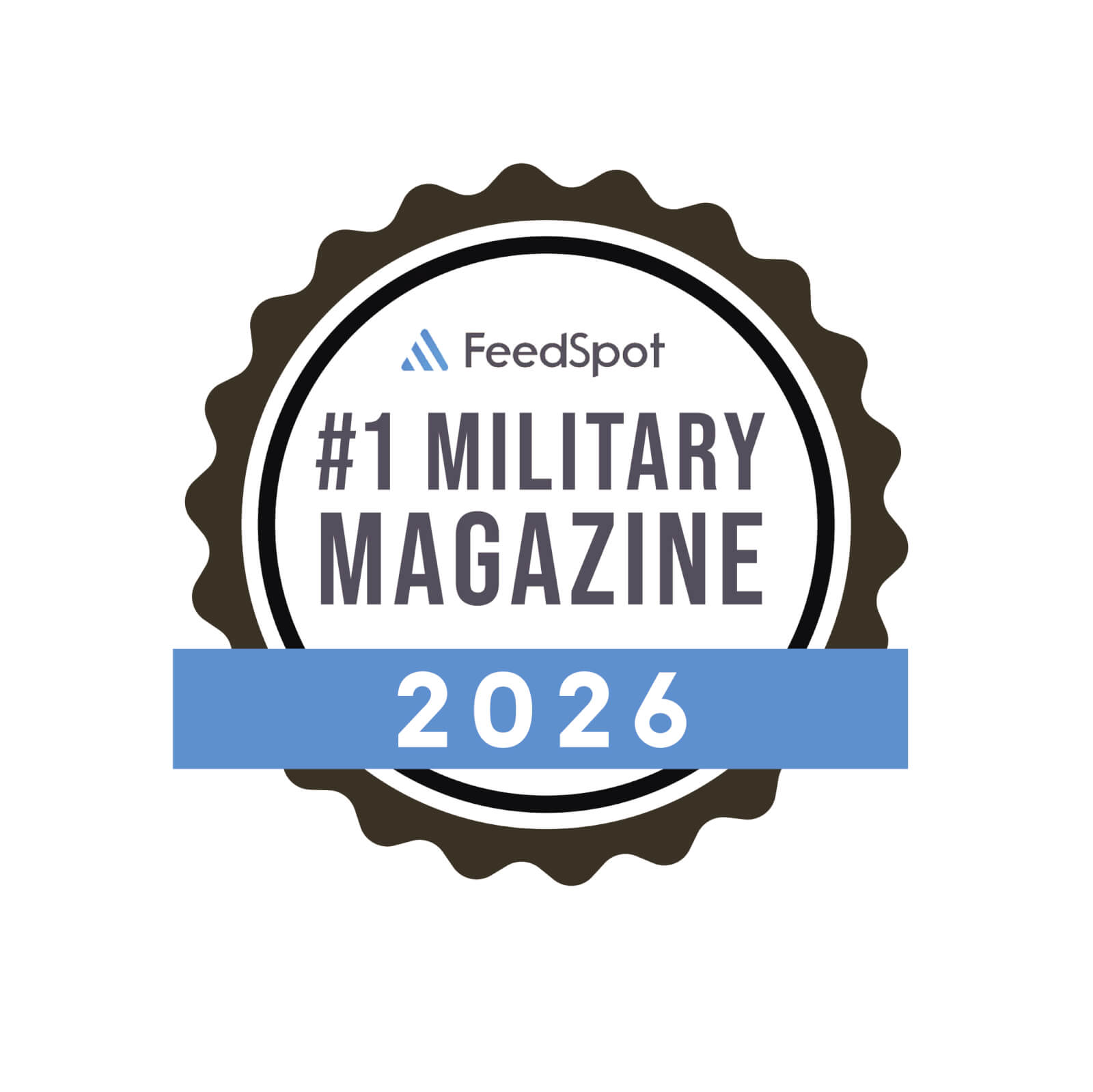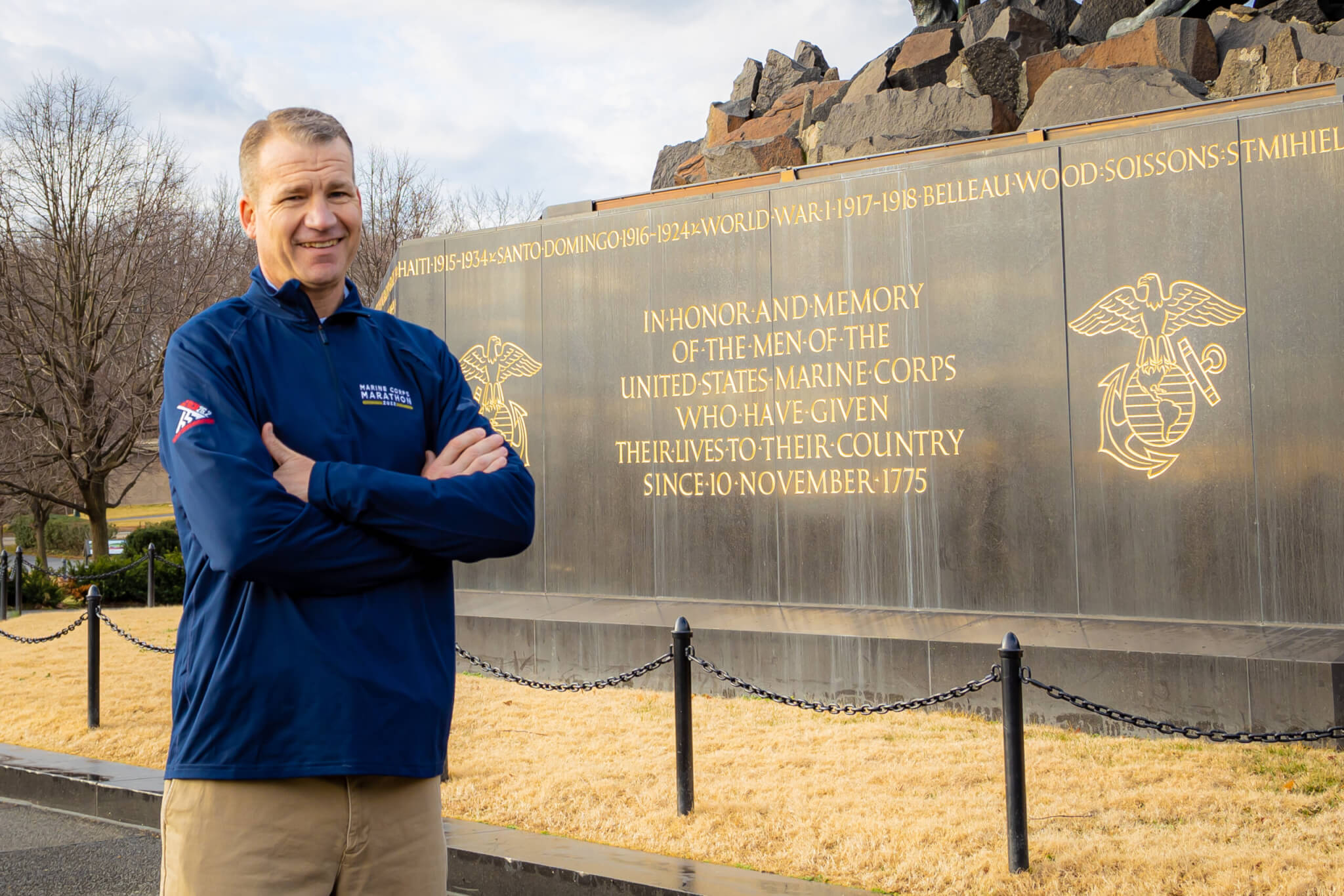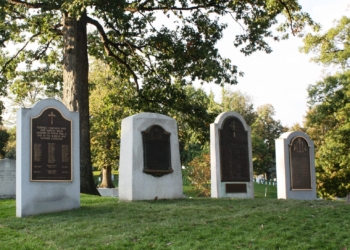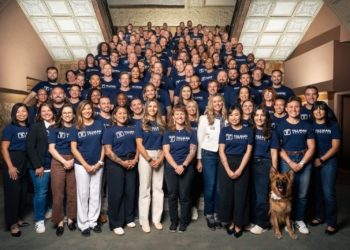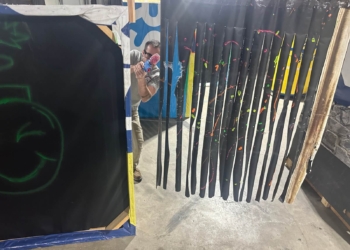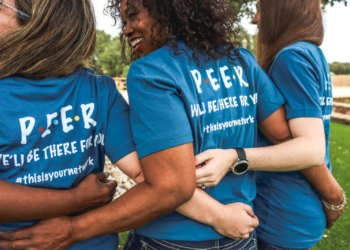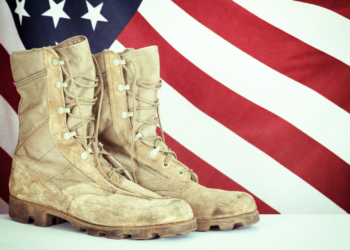The new director of the Marine Corps Marathon Organization has straightforward advice for runners: keep it simple and consistent.
Alex Hetherington, a retired Marine aviator, was named to his role in late 2022 after longtime director, Rick Nealis, retired after 30 years. Hetherington was no stranger to the organization, though, completing the MCM 27 times after initially being introduced to it as a volunteer in 1991.
“The Marine Corps Marathon was better than Christmas for me; I look forward to it every day. It’s always the focus of all my running,” Hetherington told Military Families Magazine during an interview at the Marine Corps War Memorial shortly after becoming director.
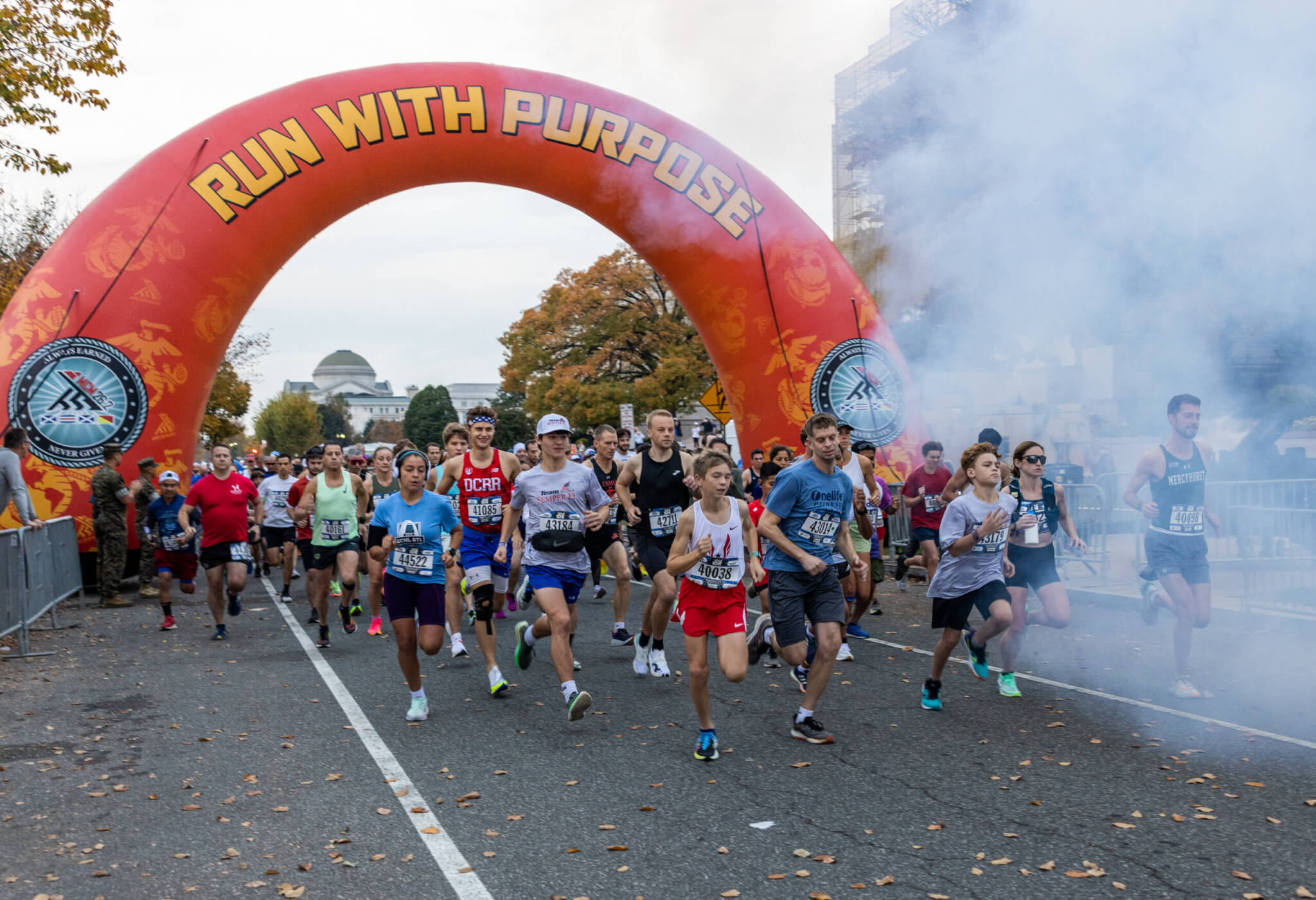
A Buffalo, New York, native, Hetherington served 21 years as a Marine. His affinity for running began in high school, continuing into college, but he said it became even more important after joining the military.
“I enjoy competing, but it’s also a great way to reset yourself after a hard day of work — there’s really a mental health aspect to running, a stress relief component to it that’s always been important to me and that I rely on to this day,” he said.
His competitive nature is also what attracted him to military service.
“I just wanted to challenge myself, and that’s really it. The Marine Corps does a great job of promoting itself,” he says, “that you’ll be challenged, you’ll be tested, you’ll face hard challenges; you need to be prepared. And those are things that I wanted to experience.”
Hetherington was a member of the All-Marine Running Team from 1995-2009 and was inducted into the Marine Corps Marathon Hall of Fame in 2009. He said his firsthand involvement with the organization as a runner led to the development of many friendships, including one with Nealis, and eventually his resume stacked up with experience that prepared him to take on his latest challenge: that of director for the series that marries a love of miles with a love of the Marine Corps.
Now he gets to be on the other side of taking runners through “the most iconic finish line in all of running,” he says.
“As a Marine and now a retired Marine, it’s a little bit like a home reunion and a race all in one. And so you got to show up and you got to perform. You’re only as good as your last Marine Corps Marathon.”
Hetherington shadowed Nealis, who Hetherington refers to as “such a talented and unique person,” as part of his training for the job. Hetherington said it was “bittersweet” to be able to watch the race from Nealis’ perspective, which included seeing the different types of emotions that stem from finishers crossing the line.
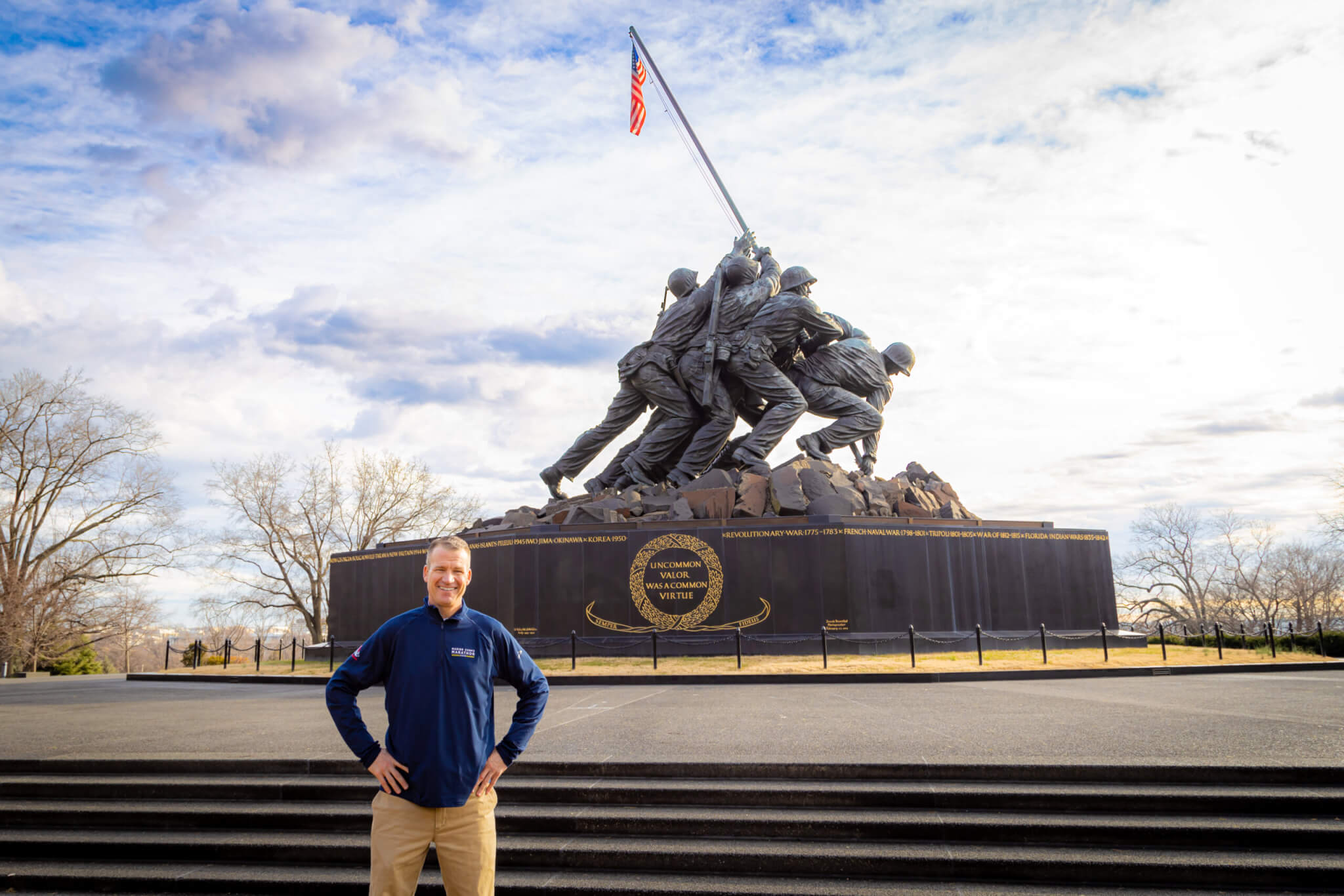
Hetherington’s vision for the MCMO is as straightforward as how he approaches running.
“I want to be true to the history and traditions, the 48-year history and tradition of the Marine Corps Marathon — it’s a great event for a reason, but then the other thing I’m focused on, I’m totally focused on the runner experience.”
His goal is to make it a great experience at every level of competition, he says, “from the people at the very front of the race to the age group competitors to our military teams, all the way through to the people that are new to running … we are ‘The People’s Marathon’ for a reason.”
The MCM is the Marine Corps’ largest, single day public engagement event. Hetherington said not only is it an opportunity for the public to run with the Marines, but also a chance to be faced with a challenging, iconic course that concludes in a special way.
“You finish at the Marine Corps War Memorial,” he says, “the truly most special thing is when you cross the line, a Marine officer actually puts the medal around your neck. That’s the pinnacle — it’s almost a formal recognition of what you’ve achieved.”

